Bhilai Steel Plant, a symbol of modern India, is running out of iron ore
Once filled with dense forests, the Dalli Rajhara area which supplies iron ore to Bhilai Steel Plant is now a vast reddish expanse taking a toll on the villagers and their water resources.
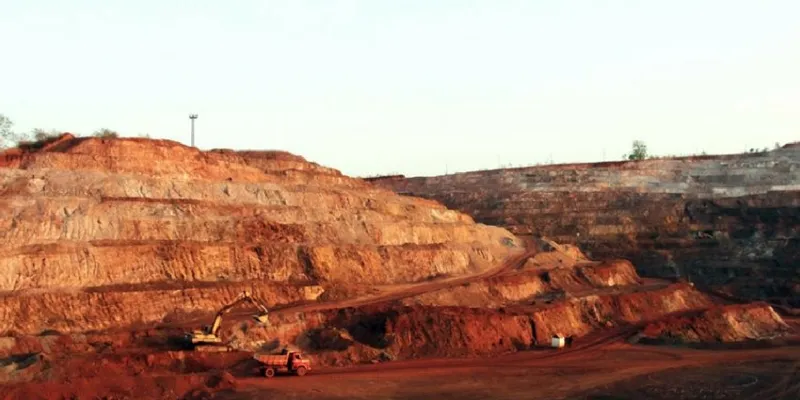
For the last 50 years, Bhilai Steel Plant, which is India's largest integrated steel plant, has got its supply of iron ore from Dalli Rajhara's mines. Dalli Rajhara, a municipality that is also an industrial city, is located 90 km south of Durg in Chhattisgarh. It is a part of the Rajhara group of mines. Iron ore mined in this area is of two types—hematite and magnetite. Other mines in the neighbourhood contain varieties such as dolomite, lime, and other raw materials that are integral for the production of steel.
Started in 1960, the Dalli Rajhara mines seem to be nearing their capacity—they only have about 100 million tonnes of iron ore reserves left, enough to last a maximum of 10 years.
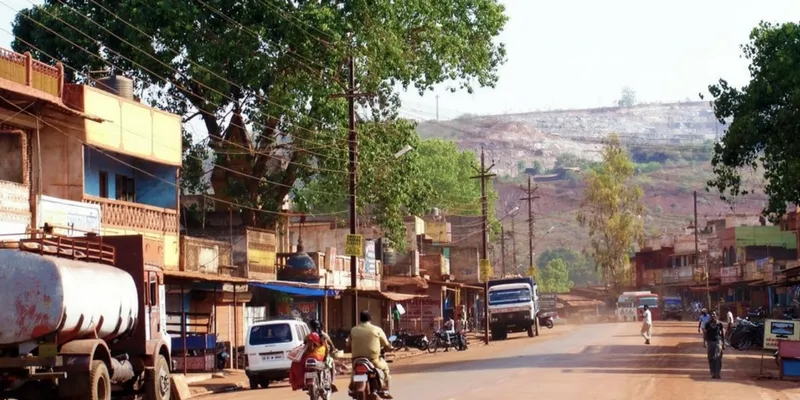
I doubt if the residents of the area would've even dreamed that it would've come to this. A long time ago, this town had an immense amount of natural resources and deep, dense forests but things have changed in the last 50 years.
Industrialisation and urbanisation have led to the entire area being surrounded by iron ore dust instead of lush green forests.
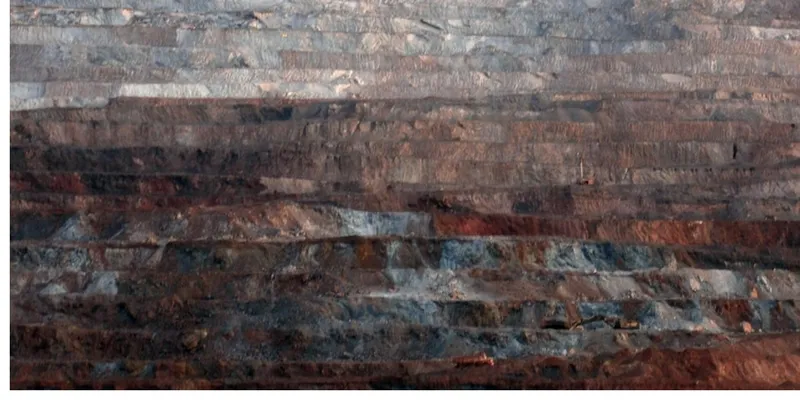
Ninety percent of the forested area has been converted to open pit mines, leading to massive deforestation.
This has resulted in water shortage for neighbouring villages. Wells numbering in the hundreds have disappeared, therefore lowering the water table in the area, and common bird species like the sparrow, crow, and parrot have drastically decreased.
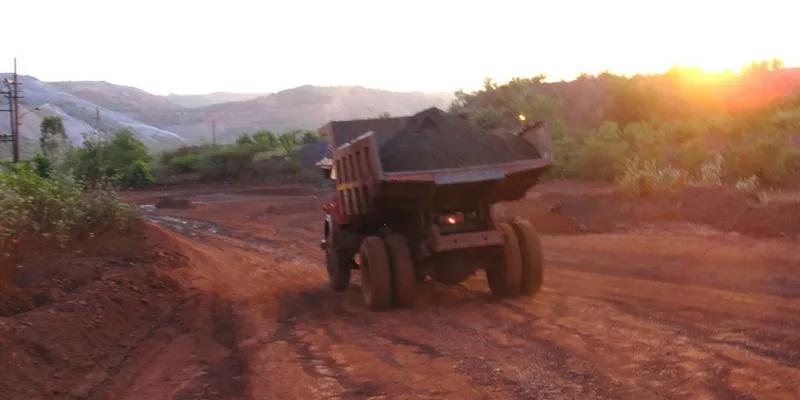
Realising the impact of mining activities, the Chhattisgarh government decided to tap into a neighbouring mine in Rowghat to increase supply. A railway line is now being extended, but this has its own issues of pollution and emission of air contaminants.
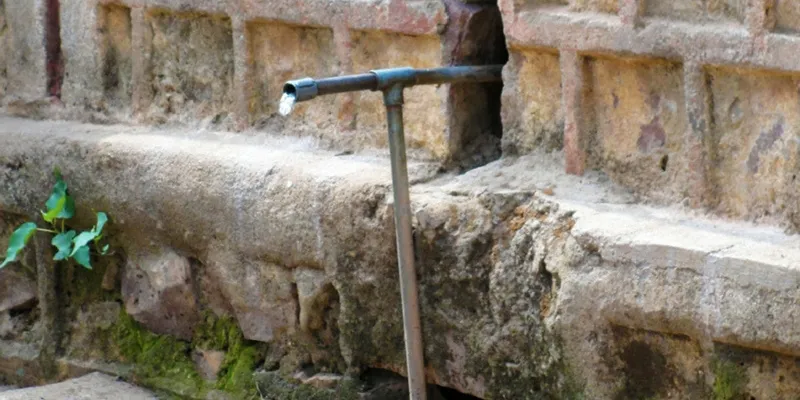
In 2001, an independent assessment of World Bank-sponsored mining projects in India concluded that 'people living close to the mines have suffered most and benefited the least' (see attached report).
Acute respiratory illness and malaria were common among people living close to mines such as the Dalli Rajhara.
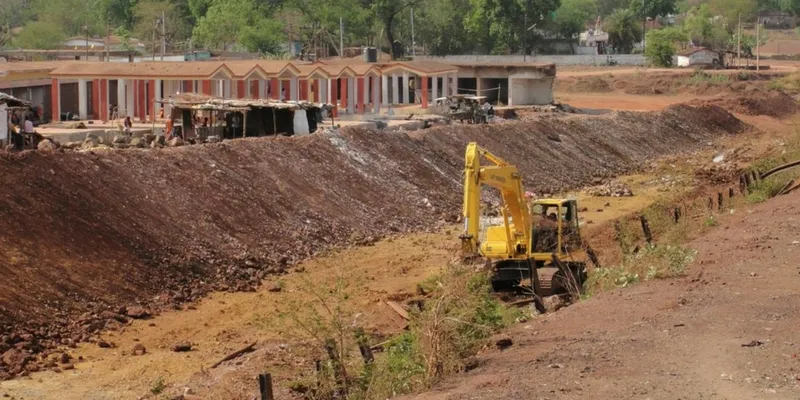
Mining has far-reaching effects not only on climate change and natural resources but also on society. Going forward, industrial planning and development strategies must factor in all these aspects to ensure the longevity of our resources.
See the entire photo set here.
Disclaimer: This article, authored by Makarand Purohit, was first published on India Water Portal.







